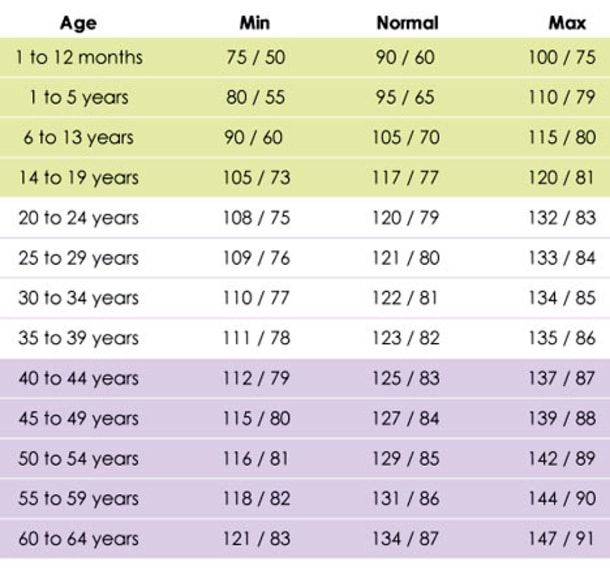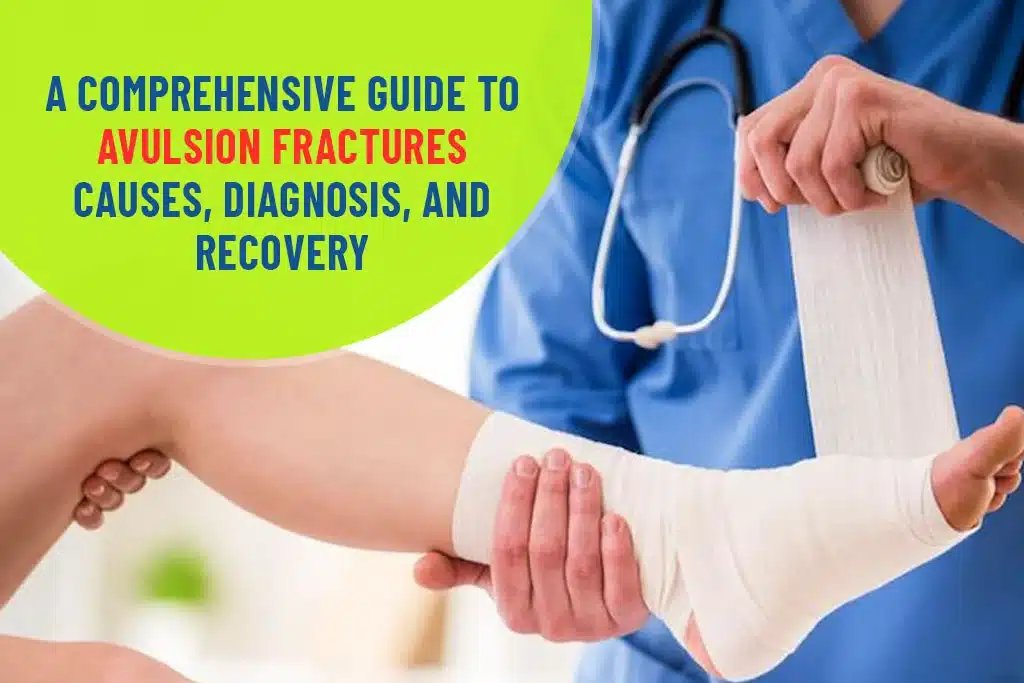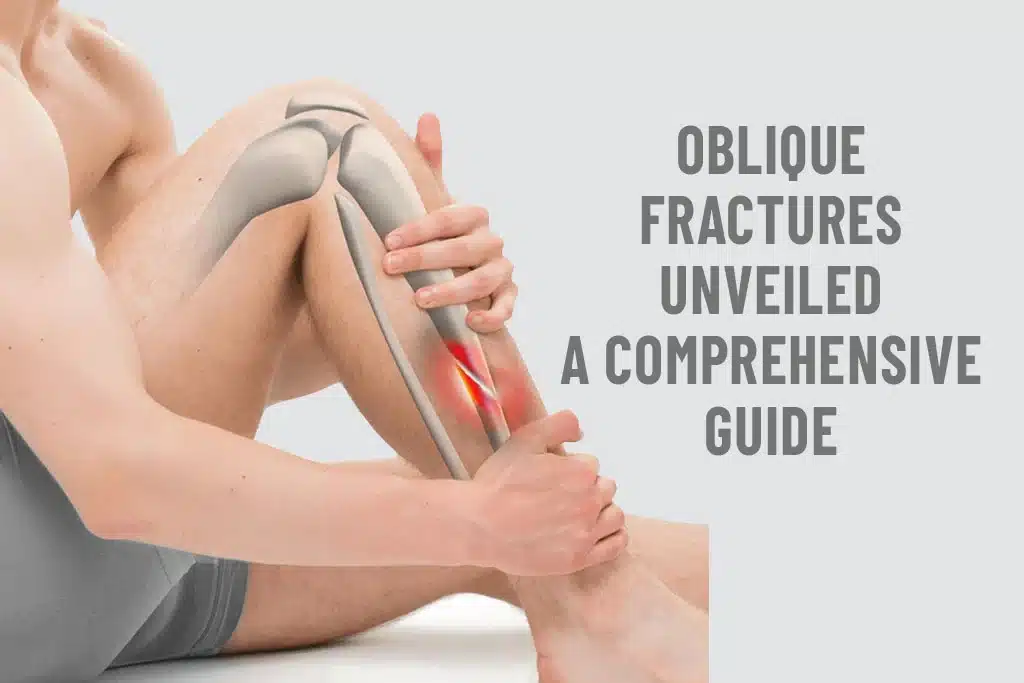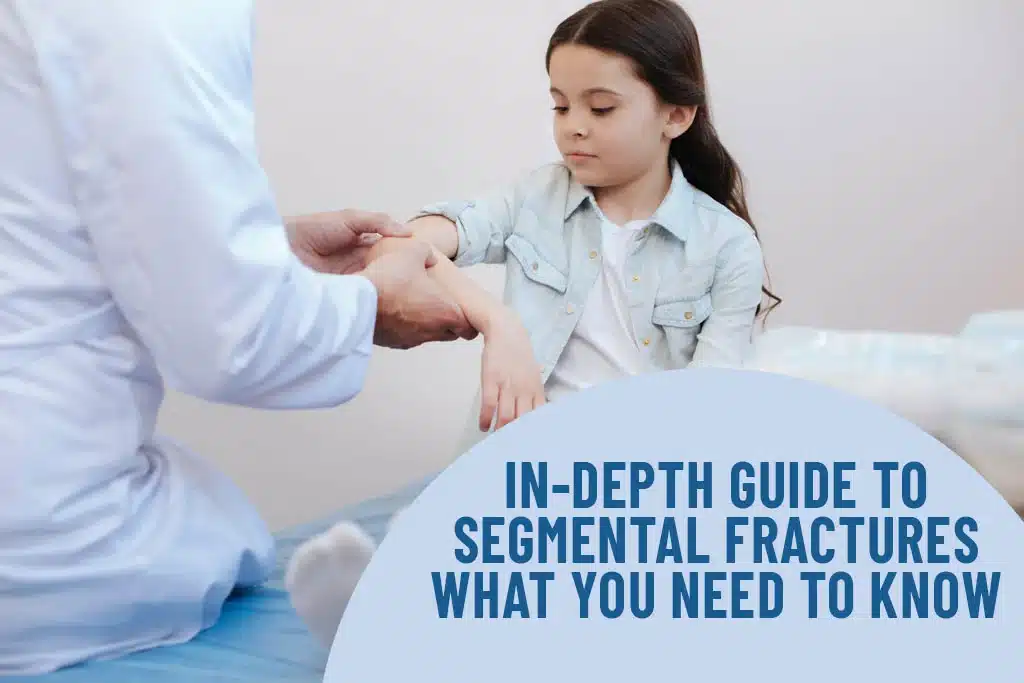Blood pressure is an essential indicator of our cardiovascular health. It’s important to monitor and maintain healthy blood pressure levels to prevent complications. However, there are instances when blood pressure can become dangerously high, requiring immediate medical attention. In this article, we will explore what constitutes high blood pressure, when it becomes a medical emergency, the signs and symptoms to watch out for, and how to manage high blood pressure effectively.
Understanding Blood Pressure
Before diving into when blood pressure requires a hospital visit, let’s grasp the basics. Blood pressure measures the force exerted by the blood against the walls of the arteries. It is represented by two numbers: systolic pressure (the top number) and diastolic pressure (the bottom number). A normal blood pressure reading is around 120/80 mmHg.
What is High Blood Pressure?
High blood pressure, also known as hypertension, occurs when the force against the arterial walls is consistently too high. This condition puts extra strain on the heart and blood vessels, potentially leading to serious health issues such as heart disease, stroke, or kidney problems. A blood pressure reading of 130/80 mmHg or above is considered high.
When is High Blood Pressure a Medical Emergency?
While high blood pressure itself is a cause for concern, there are certain situations when it becomes a medical emergency that warrants immediate attention. These situations include:
- Severe Symptoms and Complications: If high blood pressure causes severe symptoms such as severe headache, chest pain, difficulty breathing, or neurological symptoms like confusion or seizures, it may indicate a medical emergency.
- Extremely High Blood Pressure Readings: Blood pressure readings that consistently exceed 180/120 mmHg require immediate medical attention, especially if accompanied by symptoms.
- Presence of Organ Damage: If high blood pressure has already caused organ damage, such as kidney failure, heart attack, or stroke, it is considered a medical emergency.
Signs and Symptoms of High Blood Pressure
While some individuals with high blood pressure may not experience noticeable symptoms, others may exhibit signs that indicate the need for urgent medical attention. These symptoms may include:
- Severe Headache: A sudden and severe headache, often described as the worst headache ever experienced, can be a sign of dangerously high blood pressure.
- Shortness of Breath: Difficulty breathing or shortness of breath, especially when it is accompanied by high blood pressure readings, should be taken seriously and may require immediate medical attention.
- Chest Pain: Chest pain or discomfort can be a sign of high blood pressure-related complications, such as heart problems. If you experience chest pain along with high blood pressure, it is crucial to seek medical help.
- Vision Problems: Blurred vision, sudden vision loss, or other visual disturbances can be indicative of severe hypertension and should not be ignored.
- Neurological Symptoms: High blood pressure that affects the brain can manifest as neurological symptoms, including confusion, seizures, severe dizziness, or loss of consciousness. These symptoms require immediate medical evaluation.
When to Seek Immediate Medical Attention
If you experience any of the severe symptoms mentioned above, it is crucial to seek immediate medical attention. Additionally, if you have a history of high blood pressure and notice a sudden and significant increase in your blood pressure readings, it is advisable to consult a healthcare professional promptly.
Managing High Blood Pressure

Preventing high blood pressure is key, but for those already diagnosed with the condition, effective management is essential. Here are some strategies for managing high blood pressure:
Lifestyle Modifications: Adopting a healthy lifestyle can have a significant impact on blood pressure. This includes maintaining a balanced diet rich in fruits, vegetables, whole grains, and lean proteins, reducing sodium intake, engaging in regular physical exercise, managing stress levels, avoiding tobacco, and limiting alcohol consumption.
Medication and Treatment: In some cases, lifestyle changes alone may not be sufficient, and medication may be required to manage high blood pressure. It is important to work closely with a healthcare professional to determine the most suitable medication and treatment plan based on individual circumstances.
Blood Pressure Chart by Age

What’s Normal? Note that blood pressure guidelines may slightly vary between different sources and medical organizations. The chart below provides a general overview of normal blood pressure ranges by age group:
Age Group: 18-39 years
- Normal Blood Pressure: Systolic < 120 mmHg, Diastolic < 80 mmHg
Age Group: 40-59 years
- Normal Blood Pressure: Systolic < 130 mmHg, Diastolic < 80-85 mmHg
Age Group: 60 years and above
- Normal Blood Pressure: Systolic < 140 mmHg, Diastolic < 80-90 mmHg
It’s important to remember that individual variations can occur, and factors like overall health, lifestyle choices, and existing medical conditions can influence blood pressure levels.
Conclusion
While high blood pressure is a common condition, it is important to recognize when it becomes a medical emergency. Severe symptoms, extremely high blood pressure readings, or the presence of organ damage are all indicators that immediate medical attention is needed. By understanding the signs, monitoring blood pressure regularly, and effectively managing the condition through lifestyle modifications and appropriate medical intervention, individuals can reduce the risk of complications associated with high blood pressure.
FAQs (Frequently Asked Questions)
Can high blood pressure cause a heart attack?
Yes, high blood pressure is a significant risk factor for heart disease and can increase the likelihood of experiencing a heart attack.
Are there any natural remedies to lower high blood pressure quickly?
While lifestyle modifications like exercise, maintaining a healthy diet, reducing stress, and limiting sodium intake can help manage high blood pressure in the long term, it is essential to seek medical guidance for immediate blood pressure reduction.
Can high blood pressure be cured completely?
High blood pressure cannot be cured, but it can be effectively managed through lifestyle changes, medication, and regular medical follow-ups.
Can anxiety or stress temporarily elevate blood pressure levels?
Yes, anxiety and stress can cause temporary spikes in blood pressure. However, chronic stress can contribute to long-term hypertension.
How often should I have my blood pressure checked?
It is recommended to have your blood pressure checked at least once every two years if it is consistently within the normal range. If you have high blood pressure or other risk factors, more frequent monitoring may be necessary as advised by your healthcare provider.






